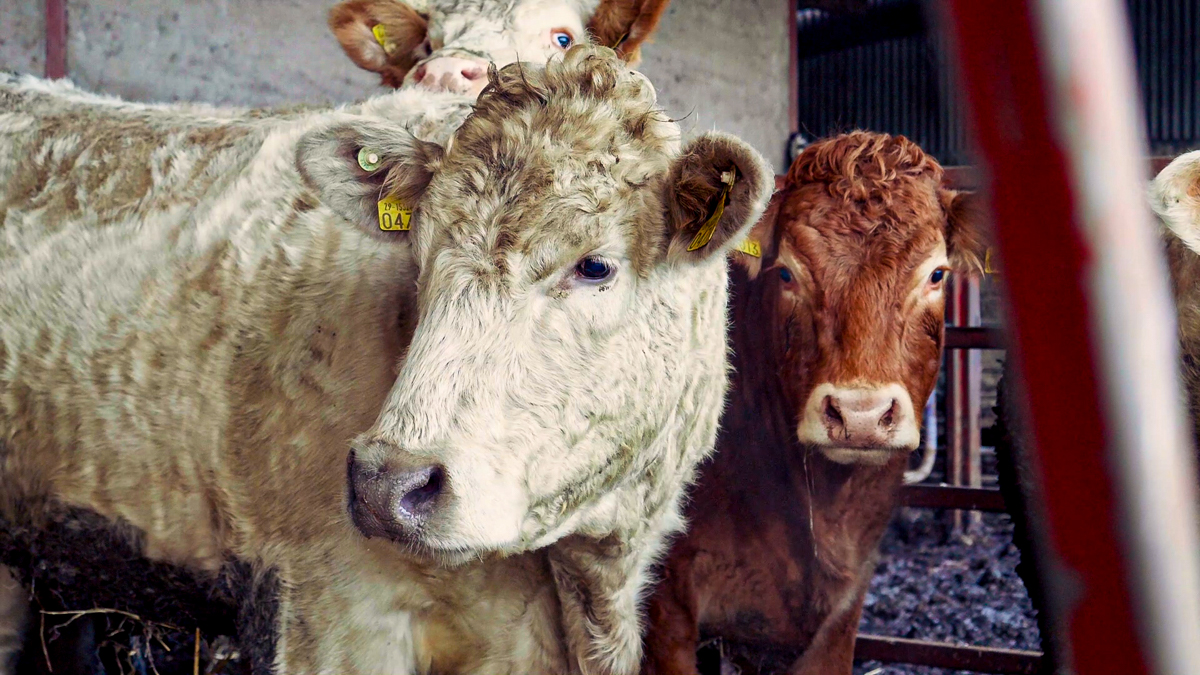The Irish Cattle Breeding Federation (ICBF) has confirmed that the beef stakeholder group is due to meet again later this month to address outstanding concerns about changes to the breeding indices for beef animals.
It follows a meeting of the group today (Thursday, February 1) at the Tullamore Court in Co. Offaly, chaired by Paul Dillon, retired assistant secretary general at the Department of Agriculture, Food and the Marine (DAFM).
Representatives from ICBF and Teagasc addressed the meeting which was attended by farm organisations, breed societies and Irish Co-operative Organisation Society (ICOS).
The meeting following anger and concern from the industry in relation to how and why the changes to the indices were introduced.
The ICBF previously admitted that its communication with farmers and breed societies about the changes to the terminal and replacement indices was “sub-optimal”.
Beef
The meeting heard that the recent review of the indices incorporated environmental elements of future policy and updated the economic values of the genetic traits to align with market price changes, which has not been done since 2015.
Aidan Murray, Teagasc beef specialist, told the meeting that the beef breeding index is “essentially a tool to select more profitable animals”.
He said that the beef breeding index is based on an animal’s genetic potential and the economic value of that trait.
Murray said that it is necessary to update these economic values of those traits to reflect the value of animals and the significant change in the cost of production.
Dr. Paul Crossan, Teagasc beef enterprise leader, presented an overview of the replacement index which he said includes both output and production cost traits.
Based on the data from all suckler cows slaughtered from 2018 to 2022, he said that 5-star cows cost less to maintain, are more fertile, have more live calves and their progeny finish at younger ages, albeit at slightly lighter carcasses.
The meeting was told that when the full spectrum of revenue and cost traits are taken into consideration, 5-star cows leave €196 more profit per lactation compared to 1-star cows.
A representative from each organisation at the meeting was offered the opportunity to voice their concerns and relay feedback as part of the meeting.

Commenting on the meeting, Sean Coughlan, ICBF chief executive said: “ICBF acknowledges the frustration that many are feeling and the impact that the recent changes have had on farmers.
“We are committed to staying engaged with this process and will be back to the next meeting with actions taken from today’s meeting.”
ICBF and Teagasc have confirmed that the next industry stakeholder meeting will be scheduled for February 22, where a number of the key points raised will be addressed.
Ahead of today’s meeting, Minister for Agriculture, Food and the Marine Charlie McConalogue announced “further flexibility” for participants in the Suckler Carbon Efficiency Programme (SCEP) who may be impacted by beef index changes.
Participants have already been advised that animals in SCEP herds whose index falls maintain their original index and are not impacted unless the participant sells that animal to a non-SCEP herd.
This additional measure means that female offspring of genotyped females in SCEP herds that do not become eligible for the scheme on their own genomic evaluation may become eligible if their sire and dam meet a minimum requirement on the September 2023 ICBF evaluation.
